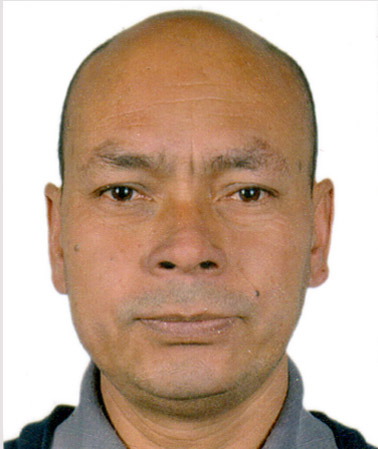Photo by the Globe and Mail: Egyptian soldiers celebrate with civilians.
A more positive possibility to open the gate to democratic rule and political and socio-economic transformation has emerged in Egypt following the resignation of Hosni Mubarak who ruled the country for over 30 years continuously as a president.
"We are the great people; we have done something great. This is what every dictator can expect." This is what the global media have quoted from the Egyptians celebrating their triumph over the 30-year long Mubarak rule following an 18-day long mass political movement concentrated on the exit of Mubarak and the guarantee of a public-spirited democracy. Excited are the peoples of the globe; they have taken it as a point of inspiration towards a better society. Equally positive are the Nepalis towards these Egyptian phenomena because they have always been for democracy and against autocracy. The Nepalis in 2006 had celebrated their victory in almost the same way, except for firing guns done in Egypt now. They had defied the autocracy-imposed military curfews by continuously taking to the streets up to 19 days; the autocratic royal regime succumbed to the people's power. Had it not done so, the people were preparing to storm into the royal palace.
The Egyptians have felt that they are free from the Mubarak regime, unable to deal with people's poverty, corruption and ill-governance. They have achieved a moment for finding a better political leadership that could combat the ills and discrepancies existing in their society. The Nepalis, too, had realized that they were free from the puritanical and feudalistic rule that always reinforced poverty industry, corruption and ill-governance.
At the moment, the Egyptians have displayed their jubilations, full of emotions and delightful tears. This is the moment for their free ventilation. Before the departure of Mubarak, they had been exploding their frustrations and wrath. After the departure, they have been expressing their elation. This is a style of human nature. An unprecedented level of people's solidarity is seen in the streets of Egypt. A similar people's solidarity was seen among the Nepalis in 2006, the beginning of the new era marked by the surrender of autocratic monarchy, later abolished by the elected Constituent Assembly in May 2008.
At the moment, Egypt's state television, the core media of Mubarak's government, has got a U-turn now. It has been covering Egyptian people's jubilant celebrations across the country. Nepali rulers' media Nepal Television and Radio Nepal had done the same thing in 2006.
Egypt's celebrity Opposition leader Mohamed ElBaradei has termed the departure of Hosni Mubarak as the "the greatest day" of his life. He is yet to prove that he will surely work for the majority of working class people in Egypt. In this context, there are some history-taught negative lessons from Nepal for the change-seeking Egyptians, including ElBaradei and other leaders.
The Nepali ruling class guided by the then royal palace did their best to preserve the monarchial system marked by the puritanical characteristics of feudalism and conservatism with consumerist market-driven showbiz but in vain. After it had become clear that the groundswell protests of the majority of the working class masses would in no way get softened through military and lolling strategies, the elites changed the tactics and accepted the agenda of the Constituent Assembly (CA) for drafting a newly structurable constitution. This is how the Nepalis got silent over the then King's decision to reinstate the dissolved House of Representatives.
(Note: You can view every article as one long page if you sign up as an Advocate Member, or higher).





